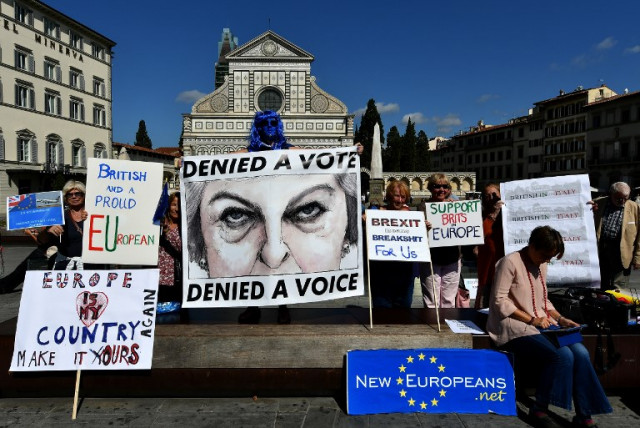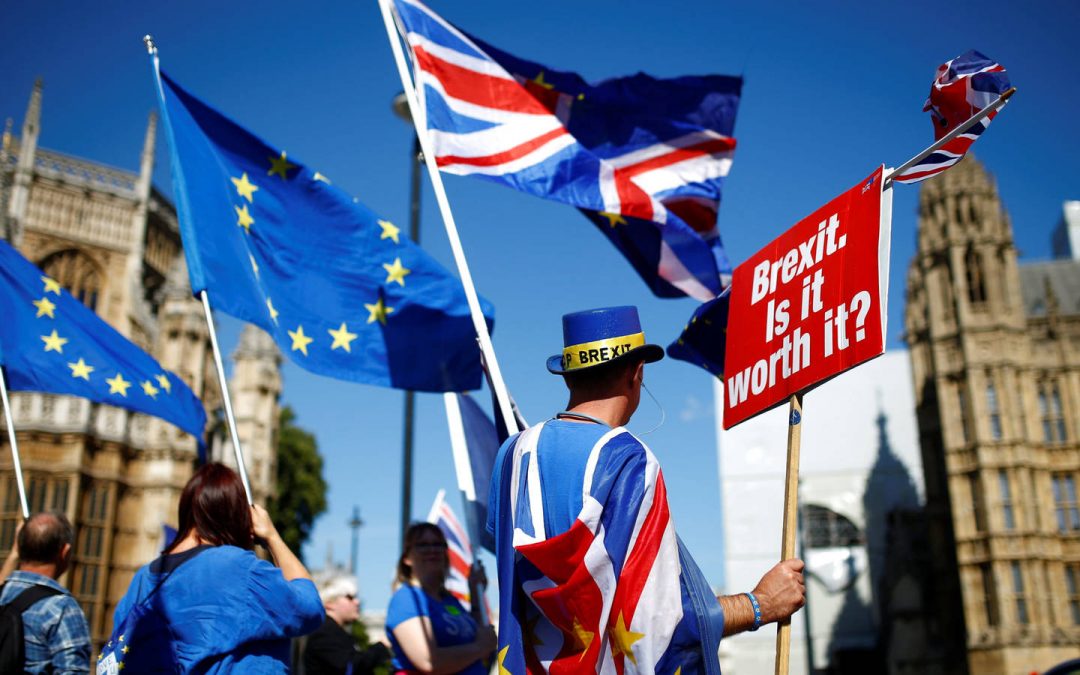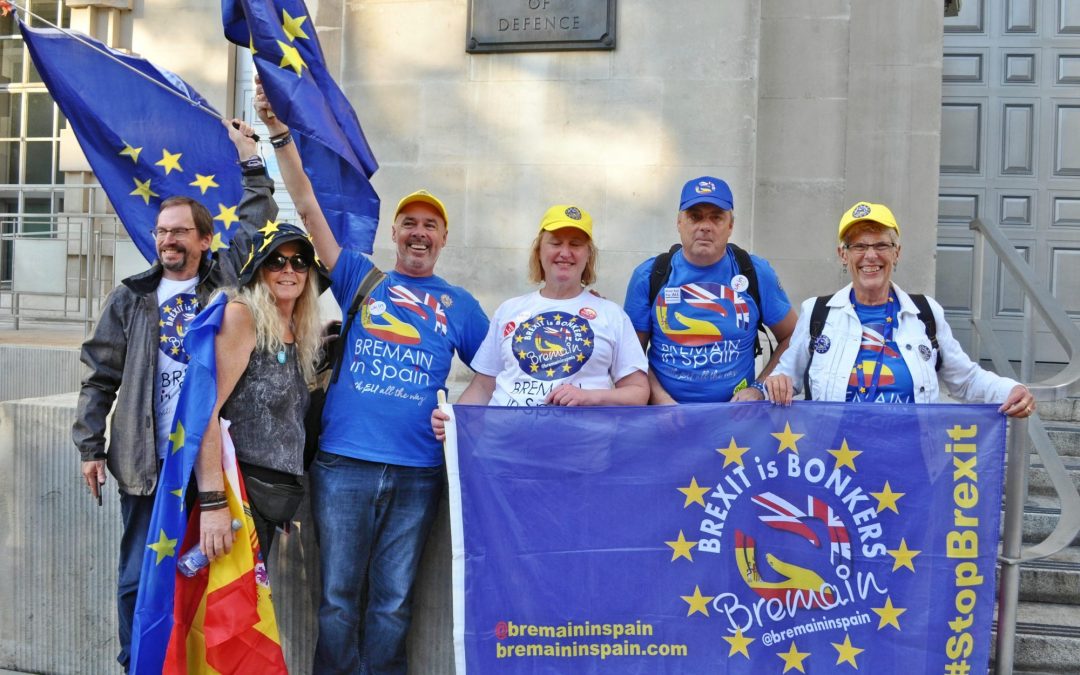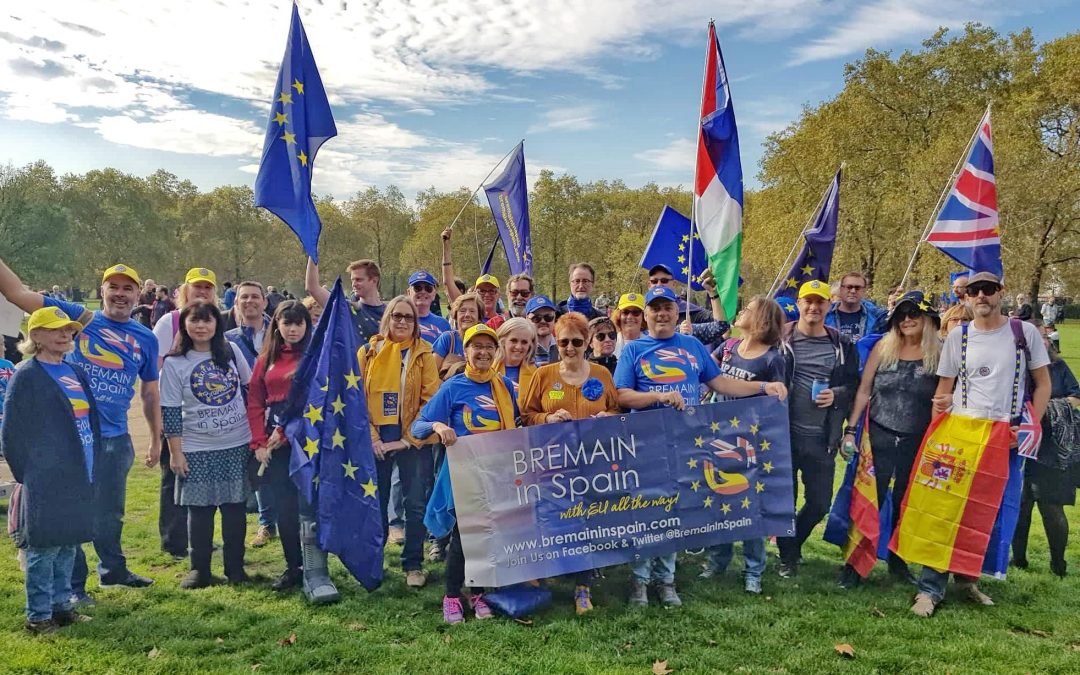Last week a team of volunteers in different parts of France worked late into the night trying to interpret the newly published French law that spells out what will happen in the case of a no-deal Brexit.
The volunteers, who form the “citizens rights” team at Remain in France Together (RIFT), put aside their normal lives and got on with the job of providing information to the thousands of anxious Brits who were waiting desperately for news of what their futures might hold if Britain crashes out of the EU in a few weeks’ time.
These are the same team of volunteers who have spent their own money travelling to Paris to lobby the French government to alert them to the issues Britons are facing across the country.
Of course, it’s not just in France where unpaid volunteers have taken it upon themselves to explain the impact of Brexit on health cover, driving licenses and residency rights and basically to stick up for the citizens’ rights of anxious Britons, whose lives and health have been damaged by nearly three years of limbo.
Read full story in The Local












